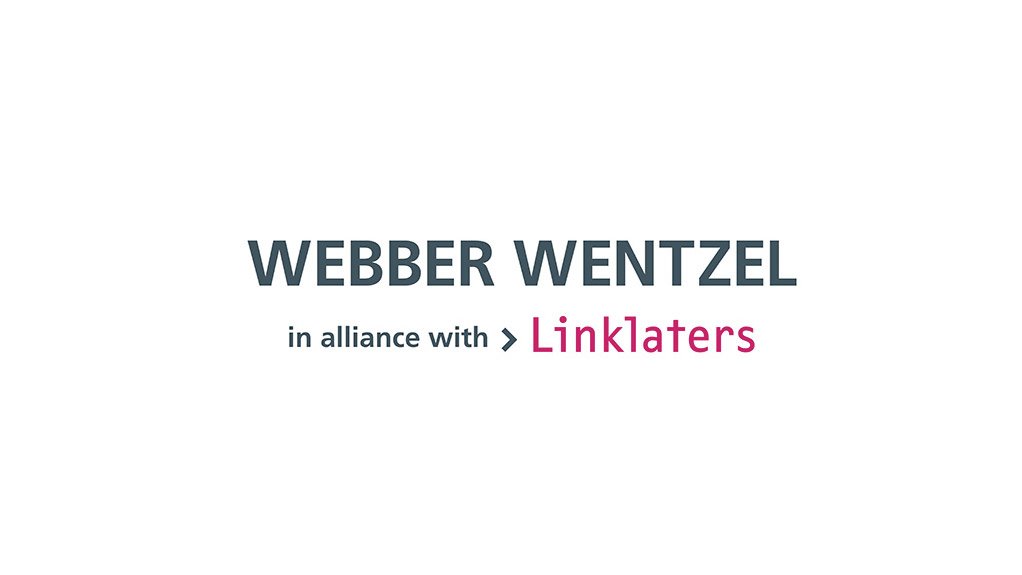The long-awaited Regulations introducing a general business-to-business (B2B) exclusion (although in this case a business-to-registered vendor exclusion) for the electronic services supplied from outside South Africa to specified recipients within the country were issued on Friday, 14 March 2025. The changes come into effect on 1 April 2025.
In addition, the existing intra-group exclusion continues to apply where the recipient is a member of the same group of companies as the foreign supplier, albeit with extremely limited application.
Unfortunately, the Regulations contain all the same unworkable provisions that the draft Regulations issued on 1 August 2024 had. It is disappointing that neither the South African Revenue Service (SARS) nor National Treasury appear to have fully considered the well-reasoned submissions made by various professional bodies and individuals.
The expectation was for a simple B2B, exclusion, applying where a non-resident supplier of electronic services makes a supply to a local vendor that can present proof of its registration as a vendor in South Africa – as is the case in most other value-added tax (VAT) jurisdictions. Instead, what will be implemented from 1 April 2025 is, in many respects, an unworkable regime.
Business-to-business (B2B) exclusion
Regarding the B2B exclusion, foreign suppliers will not be required to account for South African VAT on supplies made "solely to vendors registered in the Republic in terms of section 23 of the (VAT) Act". However, the requirement that electronic services must be supplied 'solely' (ie 100%) to registered vendors, with no provision for any de minimus rule, results in an unnecessary limitation on the exclusion. There may be cases where a foreign supplier provides electronic services mostly to registered vendors in South Africa, and only makes a handful of supplies to non-registered clients, but the exclusion is lost in its totality. The insignificant supplies to non-registered clients will cause the foreign supplier to have to register as a vendor in South Africa. Stated differently, a single supply of electronic services by a foreign supplier to a non-registered recipient of an immaterial amount will result in all the suppliers' electronic services transactions to fall outside the B2B exclusion. This raises critical questions: Must the requirement that electronic services be supplied 'solely' (100%) to registered vendors apply in relation to all tax periods? Does a single non-qualifying supply disqualify the foreign supplier from qualifying for the B2B exclusion going forward for ever and a day?
We fail to see any benefit to the fiscus in adopting this unrestrained limitation.
Group of companies' exclusion
The requirements for the group of companies' exclusion are now even more restrictive. Electronic services provided by a foreign group company (FGC) to a South African group company (SAGC) fall outside the electronic services regime only if the electronic services areexclusively discovered, devised, developed, created or produced (by the FGC) for the purposes of consumption of those services by a company that is a resident of the Republic (i.e. SAGC)".
In reality, it is difficult to think of any situation where a single company (FGC in this instance) in a group would be responsible for developing/creating the electronic services it supplies. At best, the development/creation would be a group effort, or led by a dedicated research and development group within the group of companies, which is then utilised/modified by other group companies. In addition, most electronic services are developed in conjunction with a developer of systems applications and products (e.g. SAP), who provide the building blocks for the electronic services architecture. Based on the exclusion as it now reads, we would venture that practically none of the electronic services supplied by a foreign group company to a local group company would qualify, even if customised over many years. How many layers must a company peel back to determine if the electronic services supplied by the foreign group company (FGC) are 100% developed/created by it? If SARS and National Treasury are concerned that this exclusion could be manipulated by a group company merely acting as a conduit for the supply of electronic services by foreign third parties to local group companies, there are certainly other ways of preventing such collusion without unnecessarily limiting this necessary exclusion.
A very disappointing outcome.
Registration and deregistration
Foreign suppliers of electronic services to South African residents who have registered as vendors as the group of companies’ exclusion did not operate to exclude all their taxable supplies of electronic services, may be in a position to deregister under the new dispensation. A potential pitfall may arise where a registered foreign business ceases to be a vendor because its supplies now fall within the B2B exclusion. Section 8(2) of the VAT Act requires a person who ceases to be a vendor to account for VAT on any goods or right capable of assignment, cession or surrender which in either case forms part of the assets of the foreign vendor's enterprise at the time of cessation of the foreign vendor's enterprise. It will be important to determine which of the foreign vendor's goods and rights form part of the foreign vendor's enterprise at time of deregistration. While SARS and National Treasury were requested to provide legislative certainty around this issue (as was the case where vendor's fell afoul of section 8(2) by virtue of legislative changes in the past), this request also appears to have gone unaddressed.
Written by Chetan Vanmali, Partner & Prof Des Kruger, Consultant from Webber Wentzel
EMAIL THIS ARTICLE SAVE THIS ARTICLE ARTICLE ENQUIRY FEEDBACK
To subscribe email subscriptions@creamermedia.co.za or click here
To advertise email advertising@creamermedia.co.za or click here











